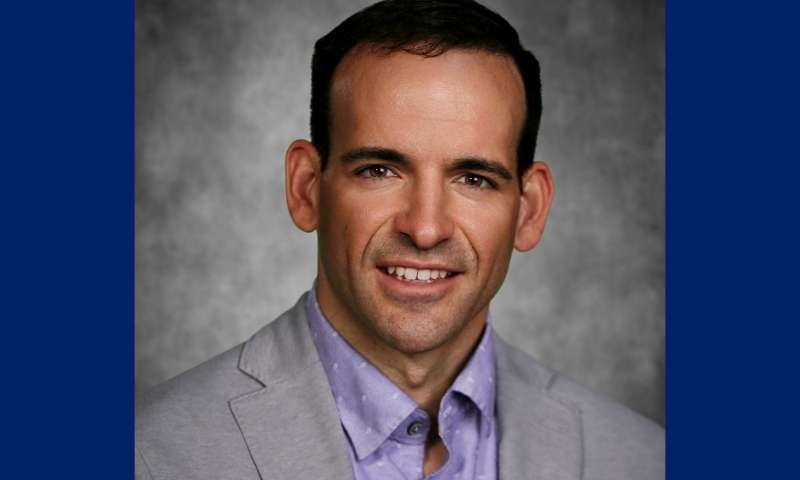Study Highlights Challenges and Benefits of Integrating Opioid Use Disorder and Mental Health Treatment in HIV Care
Examining the challenges and benefits of integrating opioid use disorder and mental health treatment within HIV care, Duke researcher emphasizes the need for additional resources and training to improve patient outcomes.

A recent study led by Brandon A. Knettel, PhD, published in PLOS ONE, sheds light on the perspectives of healthcare providers regarding the integration of opioid use disorder (OUD) and mental health treatment within HIV care. The study revealed significant barriers and potential benefits of such integration.
The intersection of HIV, OUD, and mental health issues presents complex challenges for both patients and healthcare providers. Knettel’s study aimed to understand the current state of integrated care by gathering insights from HIV treatment providers and social service providers. The goal was to identify barriers and strategies for effective integration to improve patient outcomes.
“While I was a Duke postdoc, I worked with Dr. Gita Suneja (now at the University of Utah) to interview people living with HIV who were then diagnosed with cancer,” Knettel said. “In that study, we came to understand how interrelated these different health challenges were, and how something like substance use or housing insecurity could have these immense downstream impacts on care engagement, quality of life, and survival.”
Knettel and his research team conducted in-depth qualitative interviews with 21 providers, including both individual and group sessions. Participants were recruited from clinics in Mecklenburg County, an area significantly affected by both HIV and the opioid crisis. The interviews were analyzed using applied thematic analysis to extract common themes and insights.
Providers cited several obstacles to integrating OUD and mental health treatment into HIV care. These included limited referral options for medication-assisted treatment (MAT), social barriers such as housing and food insecurity, overburdened staff, stigma, and lack of provider training. Despite recognizing the benefits, many providers felt unprepared to implement integrated care due to these challenges.
“We were most surprised by the lack of consistent screening for substance use challenges in HIV care, and by the lack of referral pathways between HIV care and substance use treatment,” Knettel explained.
“Providers seemed to recognize that substance use was common among people living with HIV, and that people who were struggling with substance use were more likely to experience challenges in their HIV care engagement, but they were struggling to find the time and resources to connect people to substance use treatment,” he continued.
Substance use and mental health issues were identified as major barriers to engaging in HIV care. Providers noted that these challenges often disrupted treatment adherence and overall health outcomes. However, structured screening processes for substance use and mental health were rare, and even fewer organizations screened specifically for opioid use.
“Essentially, when you feel like you're already at capacity in doing your daily tasks, it's really challenging to take on something new, even if you feel confident that it could have a benefit to patients,” Knettel noted.
Despite the barriers, providers believed that integrating OUD and mental health treatment into HIV care could significantly improve patient outcomes. Integrated care could address multiple health issues simultaneously, leading to better engagement in HIV treatment and overall health improvements.
The study highlighted the need for additional resources and training to support integration. Providers expressed a desire for more training on MAT, cultural humility, and stigma reduction. They also emphasized the need for increased financial and human resources to implement integrated care effectively.
The study underscored the importance of integrating OUD and mental health treatment into HIV care. While significant barriers exist, the potential benefits for patient outcomes are substantial. Efforts to train providers, expand resources, and implement best practices are crucial for overcoming these challenges. Integrated care can provide a more holistic approach to treatment, ultimately improving the health and well-being of patients.
“We can start with employing and providing access to social workers and patient navigators, but we also need to support social services like food shelves, homeless shelters, and other programs that will provide an enormous return on investment in improving the overall health of patients and the community,” Knettel offered.
“Additionally, several of our participants supported the hiring and integration of mental health workers and substance use treatment in HIV care or improving immediate access to these services via telehealth,” he added. “These integrated models can improve access to care and remove barriers that prevent referrals from taking place or make referrals unsuccessful, which can have remarkable downstream benefits to long-term health.”